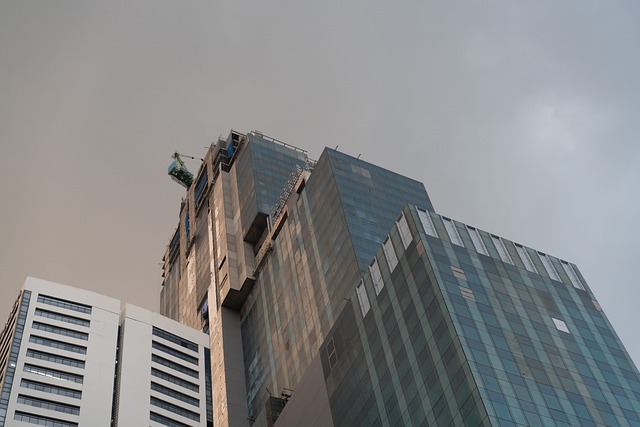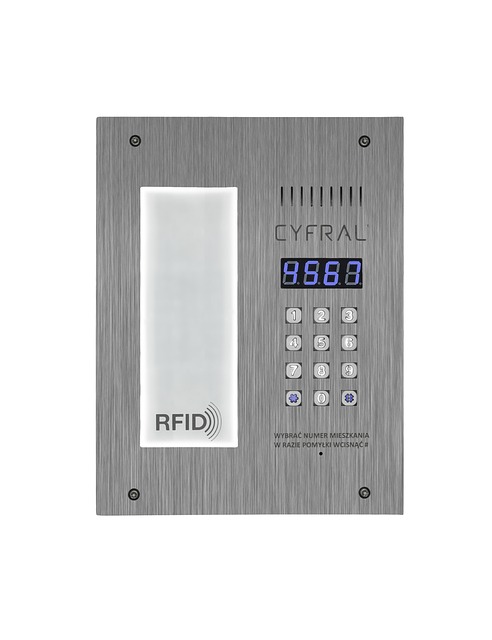In Oregon, both landlords and tenants have defined roles regarding mold. Tenants have the right to a safe, habitable environment and can take legal action against negligent landlords. Landlords are legally bound to maintain this environment, promptly addressing mold issues through inspections, ventilation, plumbing maintenance, quick leak fixes, and professional cleanup. Prompt tenant notification of visible or suspected mold is crucial to protect rights and avoid liability.
In Oregon, understanding mold damage liability is crucial for both landlords and tenants. This article delves into the state’s unique legal landscape regarding mold, focusing on tenant rights and landlord obligations. Oregon’s laws place significant responsibilities on property owners to prevent and address mold growth, ensuring safe living conditions. By exploring these key aspects, tenants can better protect their health and rights while landlords gain insight into their legal commitments concerning mold damage.
- Understanding Oregon's Mold Damage Liability Laws
- Tenant Rights and Responsibilities Regarding Mold
- Landlords' Obligations to Prevent and Address Mold
Understanding Oregon's Mold Damage Liability Laws

In Oregon, landlords have a legal responsibility to maintain safe and habitable living conditions for their tenants. This includes addressing mold damage promptly. The state’s laws protect tenant rights by holding landlords accountable for any mold-related issues that arise within rental properties. According to Oregon statutes, landlords must ensure that structures are free from hazardous materials, including mold, which can pose significant health risks to occupants.
Tenants have the right to live in a healthy environment and can take legal action if their landlord fails to address mold problems. When visible or suspected mold is discovered, tenants should notify their landlord immediately. If the issue isn’t resolved properly, it may lead to potential liability for the landlord. Understanding these laws empowers tenants to advocate for their rights and ensures landlords take necessary precautions to prevent and mitigate mold damage.
Tenant Rights and Responsibilities Regarding Mold

Tenants in Oregon have specific rights and responsibilities when it comes to mold damage. According to state laws, tenants are entitled to a safe and habitable living environment, free from harmful levels of mold growth. They have the right to report any instances of visible mold or musty odors and request immediate action from their landlord to address the issue.
Tenants should also be proactive in preventing mold growth by taking reasonable steps to keep their living spaces dry and well-ventilated. This includes reporting any leaks, maintaining proper humidity levels, and promptly repairing any water damage. By fulfilling these responsibilities, tenants can ensure a healthy living environment and limit potential liability for mold-related issues.
Landlords' Obligations to Prevent and Address Mold

Landlords in Oregon have a legal obligation to maintain safe and habitable living conditions for their tenants, which includes preventing and addressing mold damage. This involves taking proactive measures to identify and mitigate potential mold issues, as well as promptly responding to any reports of existing mold problems from tenants. Regular inspection of rental properties is crucial to detect early signs of moisture intrusion or mold growth.
Landlords must also ensure proper ventilation, maintain functional plumbing systems, and address any water leaks promptly to prevent the development of mold. Once mold is discovered, they are responsible for arranging professional cleanup and remediation according to established health and safety standards. By fulfilling these obligations, landlords protect their tenants’ rights and ensure a healthy living environment, avoiding potential legal liabilities associated with mold damage.






